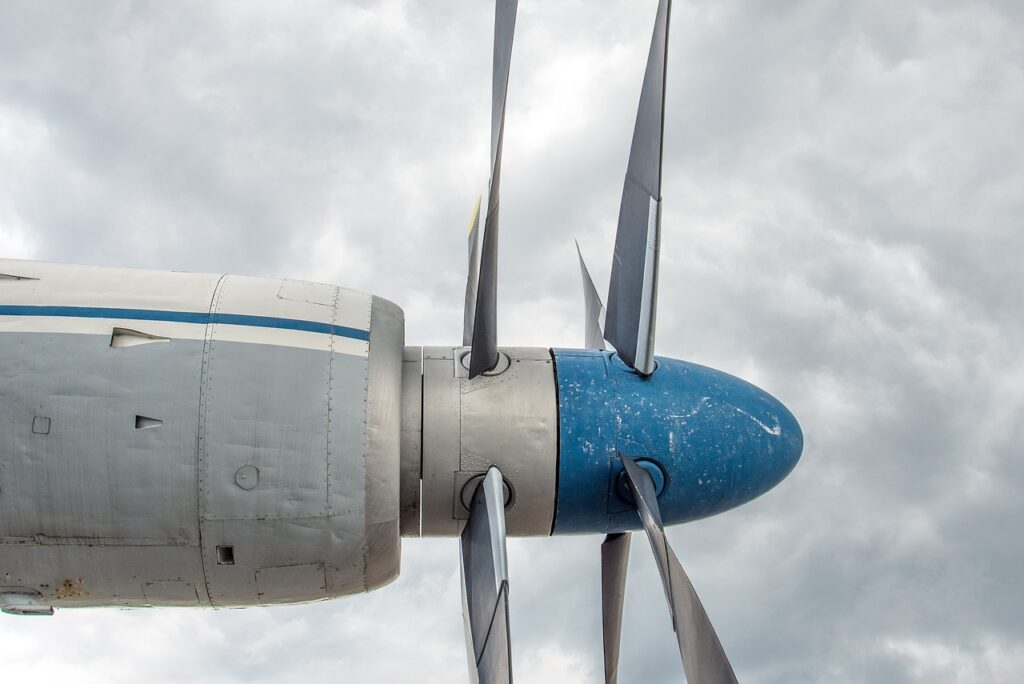Fokker Next Gen has recently entered into a Memorandum of Understanding (MoU) with Air Baltic Corporation, Latvia’s national airline. This collaboration aims to push the boundaries of aviation technology by developing liquid hydrogen combustion-powered commercial aircraft.
Under this MoU, airBaltic will provide critical insights that will aid in the development of Fokker Next Gen’s cutting-edge aircraft. This collaboration is pivotal for airBaltic, offering an opportunity to assess the feasibility and practicality of hydrogen-powered aircraft for its flight routes. Martin Gauss, President and CEO of airBaltic, expressed enthusiasm about the partnership, noting its significance for the aviation industry’s decarbonization efforts.
The aviation sector is under increasing pressure to reduce carbon emissions. Traditional jet fuels contribute significantly to greenhouse gas emissions, and while sustainable aviation fuel (SAF) has been a step forward, it is not a panacea. Hydrogen, particularly liquid hydrogen, presents a promising alternative due to its high energy density and zero carbon emissions when burned. However, the technology and infrastructure for hydrogen-powered aviation are still in nascent stages.
Fokker Next Gen is at the forefront of developing liquid hydrogen-powered aircraft. Their design includes a dual fuel system, allowing the aircraft to operate on SAF or kerosene when liquid hydrogen is unavailable. This flexibility is crucial during the transition phase towards widespread hydrogen adoption.
Despite the potential, several challenges need to be addressed. The production, storage, and handling of liquid hydrogen are complex and require significant infrastructure investment. Moreover, retrofitting existing aircraft or designing new ones to safely and efficiently use liquid hydrogen is technically challenging. Fokker Next Gen’s expertise in aircraft design and certification positions them well to tackle these challenges.
airBaltic’s involvement brings practical, operational insights to the table. The airline, known for operating one of the youngest fleets in Europe, is committed to industry-wide decarbonization initiatives. By participating in this project, airBaltic aims to evaluate the operational viability of hydrogen-powered aircraft on its routes and contribute to shaping the future of sustainable aviation.
This partnership is not just about technological innovation; it has broader economic implications. As Juriaan Kellermann, CEO of Fokker Next Gen, highlighted, the collaboration will benefit both the Dutch and Latvian economies. Additionally, the move towards hydrogen could significantly reduce the aviation sector’s carbon footprint, aligning with the EU’s ambitious climate goals.
The collaboration between Fokker Next Gen and airBaltic is a significant step towards realizing the potential of hydrogen in aviation. However, this is just the beginning. For hydrogen-powered aviation to become mainstream, continuous innovation, substantial investment, and regulatory support are essential.
